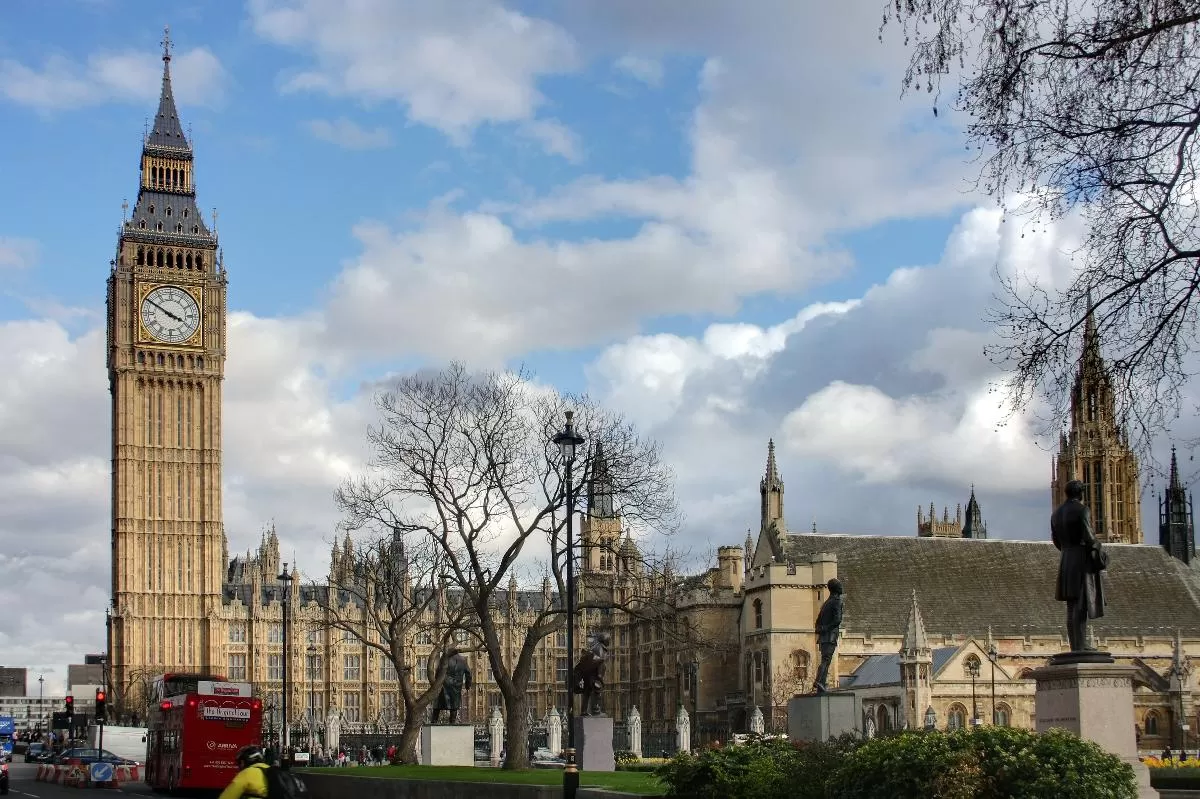
Can I Move to London?
First things first, you need to know if you actually can move to London right now. The answer is yes if you're already a British citizen. Let's say you live in the English countryside and you want to move to the big and bustling British capital. There's little to no paperwork you have to deal with. Now, if you're coming from outside the country, it's a different story. Non-British citizens need to get the proper Visa to stay in London (or anywhere else in the country, for that matter) for a long time, let alone to relocate here.
How to Move to London Without A Job
As already mentioned, the most common way to move to London is to get the proper visa. Even if you don't have a job yet, this is still the only option available to you. If you're studying in a notable London school, get a student visa. As a tourist, you can simply apply for a tourist visa and deal with the relocation process once you get here. Moreover, there's also the option of marrying a British citizen. This will also require you to get a visa to relocate to London but it's less complicated than the others.
How to Relocate to The UK
In a nutshell, the process of relocating to the UK (which will allow you to move to London) is as follows:
Get a Job in a UK company (or enroll in a London school)
Apply for the correct visa type.
Move to the UK.
Get an Indefinite Leave to Remain (ILR).
Fix all your legal paperwork
All in all, the process is simpler than people probably realize. It's just that each step can get pretty complicated depending on your specific situation.
Overview
With a population of around 9.648 million residents, London is, without a doubt, one of the most populous cities in the world. But don't worry! It's also quite vast, covering 1,572 km² in total! There's still space for more people moving to London. The currency they use here is the Pound Sterling (£), which the UK has used even when it was still in the EU.
What to Know Before Moving to London
As famous as a metropolis as it is, there's a lot you might not know about London yet. For one thing, it rains a lot here. Even when it's summer, you can still expect a few showers every once in a while. Also, even though London is the English capital, it's also among the most linguistically diverse cities out there. There are around 250 different languages spoken here, further proving just how diverse the city really is. And if you see the UK flag flying high atop the Buckingham Palace, it means the reigning monarch is in town.
Tips when Traveling to London
Before anything else, here are three important tips you ought to know before you even travel to London, let alone when you relocate here.
Open a local bank account, especially if you plan to stay for a long time in the city
Get a local SIM card
Buy an Oyster Card to help pay for public transport
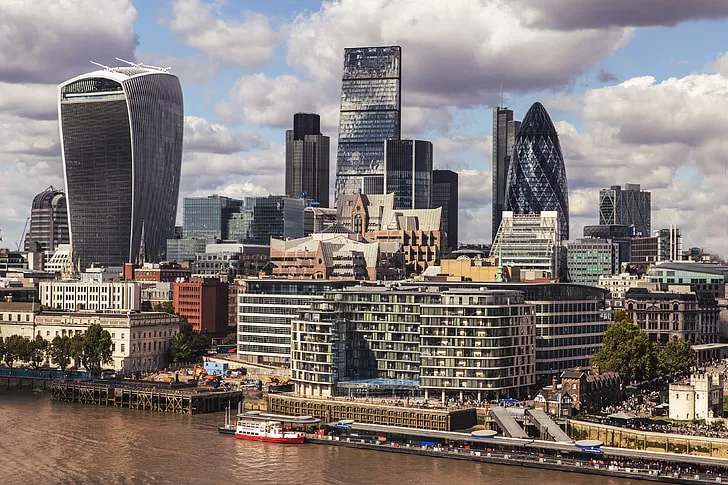
Getting Around
As one of the busiest cities in the world, a good chunk of the population relies on public transport in London. There's the subway system (affectionally called “the tube”), taxis, buses, rental bikes, and more. You have no excuse for not getting to where you need to be in the British capital.
How to Get Around London
As already mentioned, London's public transport is among the most complex in the world. You're given a ton of options for getting around the city, each more effective than the next. But before anything else, you'd do well to buy a travel pass first. The most popular is the Oyster Card, a smart card that only costs £7.00. Once you buy one, you'll only need to deposit whatever amount you can in the card and you can use it on any public transport system in London. It helps you travel more quickly, foregoing having to buy a ticket to get a ride.
How to Get Around London for Cheap
Do you know why buying an Oyster Card is helpful? It will also help you pay less for public transport. Let's say you take the bus, for example. If you use an Oyster Card, you'll only have to pay £1.75 for an unlimited number of rides within an hour. Imagine how much you can save with that! That's only one example of how you can get around London for cheaper. Another is taking the tube too. A single-ride ticket costs £4.90 for an adult. But if you pay via an Oyster Card, it'll only cost you £2.40. That's practically half of the usual price!
How to Get Around London Without a Car
While it's undeniably helpful to drive your own car in London, it's not a necessity. You can just as easily get around the city without one. The most common and easiest options are the public transport systems. Another is to use a transportation app. From Uber to Lyft, there are a few ride-hailing apps you can use to get to where you need to be. Some even argue that it's a lot easier to use than getting a taxi off the street.
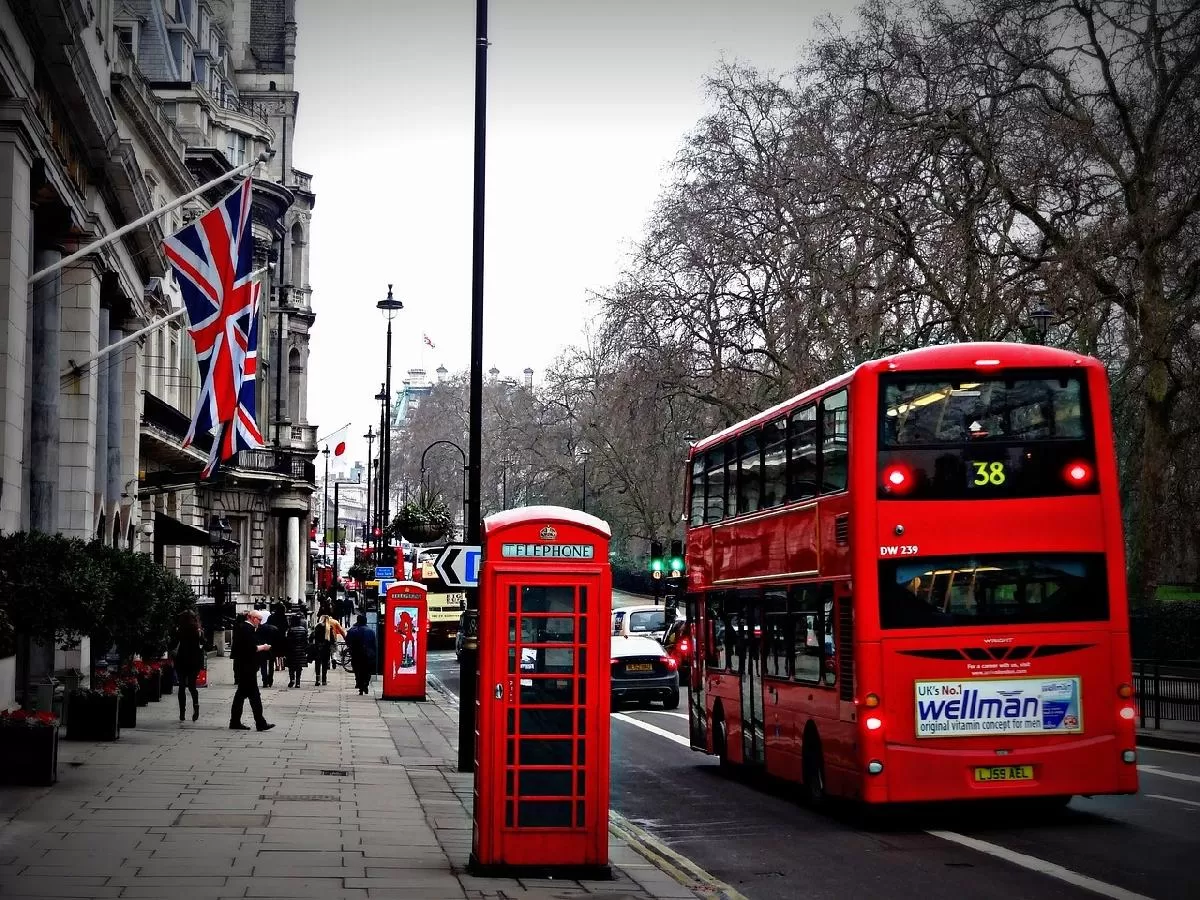
Where to Live in London
The specific part of the city you choose to settle down in matters more than you probably realize. There are many neighborhoods in London, each more different than the next. It's important you stay in an area that answers your needs, has the right facilities, is largely safe, and if you're lucky, fits your vibe.
Where to Stay in London for The First Time
If it's your first time in London, whether you're a tourist or you're moving to the city, there are few places that you're better off staying in. The West End, for example, is a lively area with lots to offer. Apart from going to the theater, you can shop, eat out, and check out its awesome nightlife scene. There's also Westminster, home to London's most famous landmarks. They include Big Ben, Westminster Abbey, Trafalgar Square, and The National Galleries.
Which Neighborhood to Stay in London?
Once you've gained legal residency in London, it's time to move to a more suitable place for permanent residency. A few include Notting Hill, Brixton, Fulham, Camden Town, Shoreditch, Islington, Clapham, and Greenwich, among many others. Some are livelier than others, but for the most part, these neighborhoods are perfect for living the local life in London. Others, like Brixton, Islington, Clapham, and Greenwich, are quiet enough for you to raise your family in peace.
What's The Best Place to Live in London?
There's no objective “best place” to live in London. Each district has its own highlights, and it depends on what you're into. If you want to live where the hottest nightlife spots are, SoHo is your kind of place. If you're into shopping, Marylebone is for you. And if you prefer to live in an upscale area where you can feel like you're a member of the British aristocracy, there's always Mayfair.
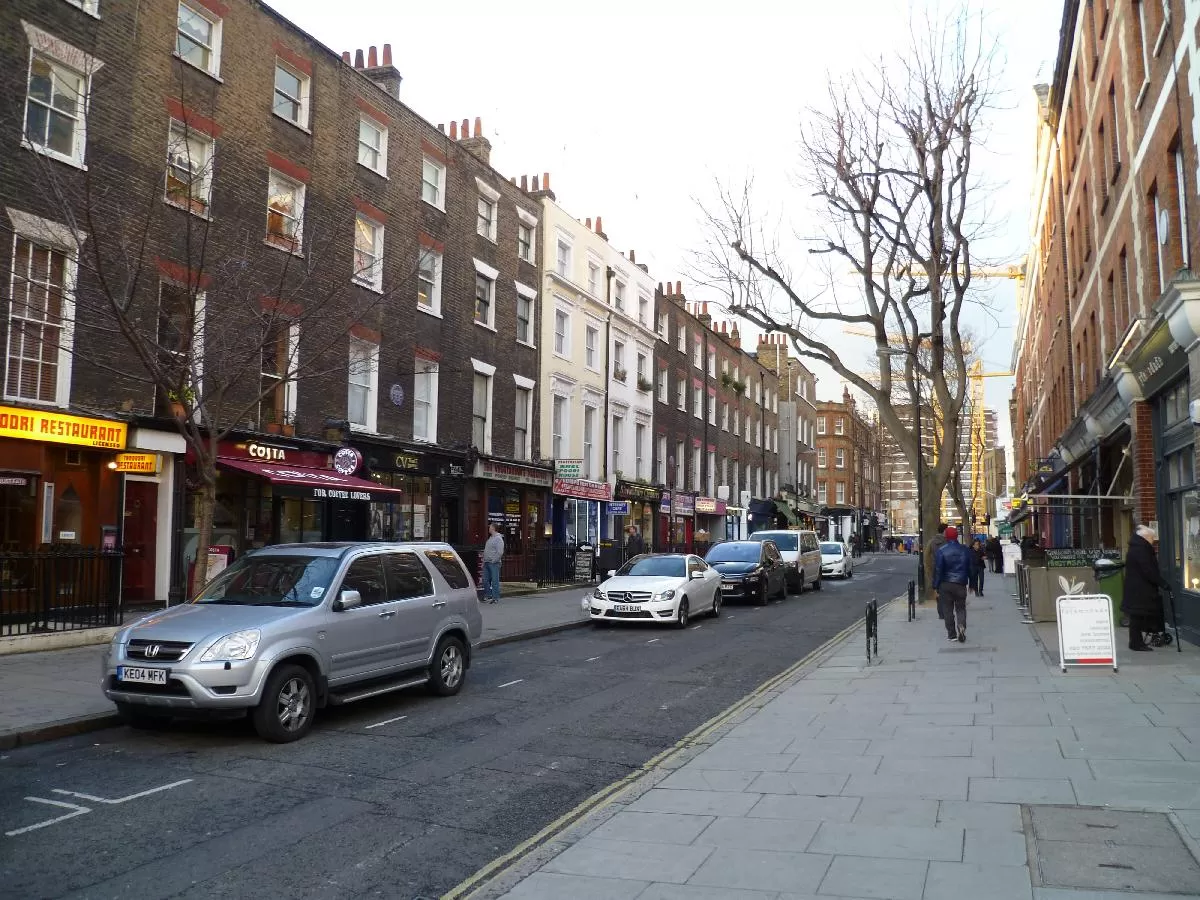
London Costs of Living
The harsh truth about London is that it's an expensive city. It's the capital of one of the richest and most influential countries in the world. It's only natural that living costs in London would be high. Nevertheless, if you just budget wisely, you won't have to drain your wallet and bank account every month.
What are The Costs of Living in London?
On average, you'd typically spend around £1,076.40 every month if you're on your own. And that's without rent yet. For a family of four, they'd spend £3,695.50 every month, again excluding the rent. These all account for the groceries, education fees of the kids, taking public transport, buying new clothes, and more. When you consider the estimation that the average net salary of Londoners is around £3,250.08 per month, it doesn't look that bad. But what if you don't earn that much yet? Or what if a family of four only depends on one person's income?
How Much Does it Cost to Live in London?
Now, let's get into the average rental costs in London. The typical monthly rental fees in the city range from a minimum of £1,100.00 to a maximum of £7,000.00. It all depends on how big your luxury apartment in London is, how many rooms it has, and its location. The nearer your place is to the city center, the more expensive it is. At the same time, if you live on the outskirts of the British capital, there's a good chance your rent is much lower. On top of all that, buying property in London is much more expensive. The prices range from £5,000.00 to a whopping £16,000.00 per square meter!
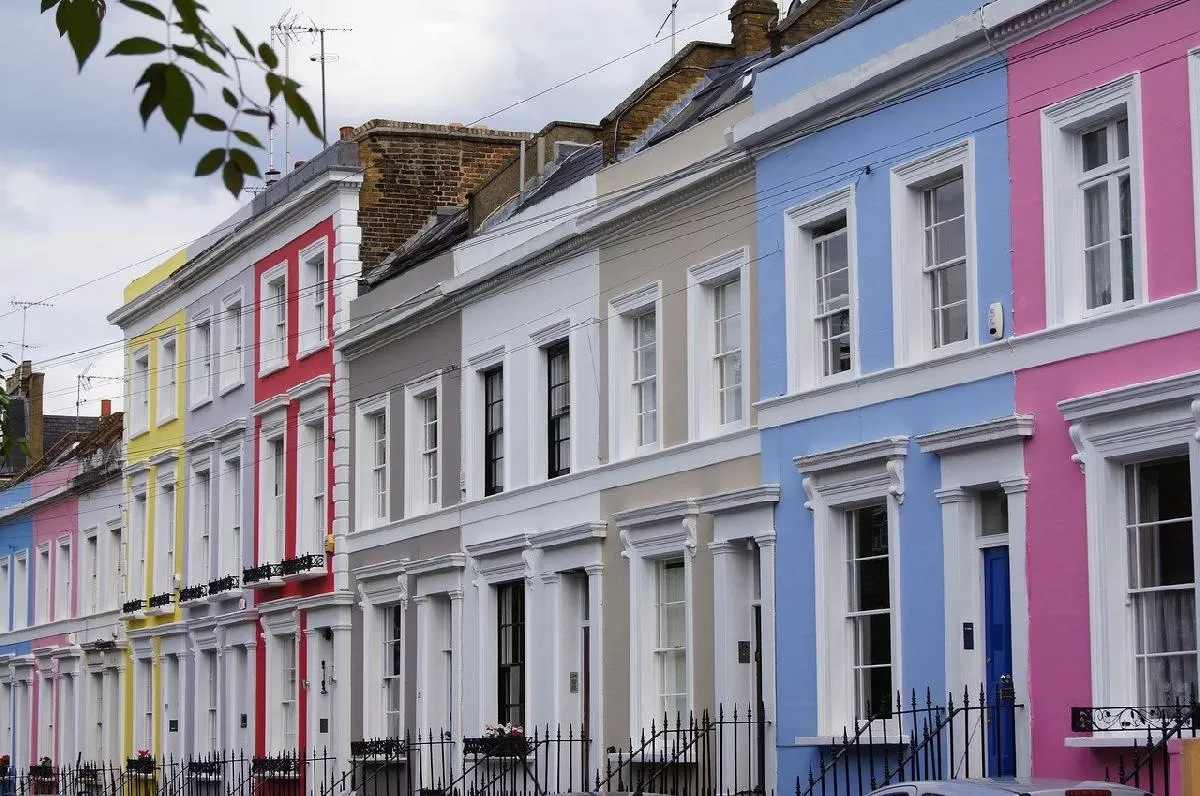
Employment in London
The most common way you can relocate to London is if your job sends you here. Or if you got hired by a company based in the city. Both situations make it easier for you to get a work visa that will allow you to stay here for a long time. But if you were able to get here without a job, there's no need to worry. Although finding a job in the UK is not the easiest, it's not impossible. Moreover, there are many ways to do it.
How to Work in The UK
Before finding a job in London, you must first understand what working in the UK truly means. The country's job market is fairly stable. It currently enjoys a 4.2% unemployment rate, one of its lowest since the 1970s. So again, it's not totally impossible to get employment here, even if you just moved to the city. If you have the right skills and a bit of good luck, you'll land the right job in no time. Maintaining it is another story. To ensure you get to keep your job, follow basic British business etiquette. These include arriving on time, respecting personal space, being specific with your work emails, and dipping into some British humor even during meetings.
How to Get a Job in London
Once you've gotten all that settled, it's time to look for a job in London. In this day and age, the internet is your best friend. You can go on various job-seeking websites and apply to the job posts there. Most, if not all companies post on these pages, from big businesses to startups. These websites have become the modern-day classified ads, becoming the go-to platforms for seeking employment. But if you feel like you need help, you can always head to a recruitment agency. With their expertise, they'll match you up with the right company and position in no time!

Education in London
London is the pinnacle of academics in the world. The British capital is home to some of the most well-respected and prestigious educational institutions on the planet. If you're moving to London to study, you couldn't have picked a better place. And it's the same if you're relocating here with your family and need to find schools for your kids. You can enroll them in some of the most prominent international schools in London, ensuring that they'll receive the highest quality education.
What Colleges are in London?
London's top universities are some of the most iconic institutions in the world. There's the University of Cambridge, for example, which has long topped the rankings of the most prestigious schools in the world. The Oxford University is right up there too. After all, the school has produced a pretty impressive list of alumni, which include HM King Abdullah of Jordan, Tony Abbot (former Prime Minister of Australia), philosopher Sir Isaiah Berlin, author William Boyd, and former US President Bill Clinton, among many others.
High Schools in London
Now, let's talk high schools. Contrary to what movies and novels might have you believe, London isn't dominated by boarding schools. Sure, there are still some here, but there are many more standard secondary educational institutions in the city. Among them include the City of London School, a private all-boys school located by the River Thames. There's the St Paul's Girls' School in Hammersmith for girls. And for a public school, there's Wimbledon's King's College School, a fine institution that can rival even the most exclusive of private schools.
Elementary Schools in London
If your kids are much younger, you needn't worry! London has tons of exceptional primary schools too. There's the Soho Parish Primary School, for example, which is right at the heart of the city. Even though it's a Catholic school, it still welcomes students from all walks of life and backgrounds. It's the same with the Churchill Gardens Primary Academy on Ranelagh Road in Westminster. This is a private school, guaranteeing your kids proper education and security from the rest of the city.

Healthcare in London
The UK boasts one of the strongest healthcare systems in the world. The National Health Service (NHS) operates on a universal system, allowing all residents to receive free healthcare. You don't have to be a British citizen or even have work to be part of the system, though expats may have to pay an immigration health surcharge depending on the medical services rendered. Still, that's saying something considering that London hospitals are some of the best in the country. They include St Mary’s Hospital (known for its maternity wards), the Royal Brompton Hospital (famous for its lung and heart treatments), and the Priory Hospital London (which gives attention to mental health), among many others.
Is Healthcare Free in The UK?
The answer is yes and no. It's yes in the sense that all British residents are entitled to free healthcare, regardless of whether you're a British citizen or not or if you're employed or not. But at the same time, your taxes are what keeps the system afloat. About 4.5% of the average citizen's income is contributed to the NHS. Technically speaking, you're still paying for your healthcare as an employed resident of London.

Safety in London
The topic of London safety is admittedly controversial. Why? Because the crime rates in London are pretty high. The city's general crime rate is 63.39%, considered high in the grand scheme of things. To make matters worse, its rate of increasing crimes in the past few years is 69.30%, even higher! This shows that London is far from getting safer. So does this mean that the British capital is a dangerous place? Not necessarily. The safety rate during the day is 64.68%, fairly high and higher than the general crime rate.
Is London Safe at Night?
It's already confirmed that London is generally safe during the day, but what about at night? Does the safety rate remain high come nightfall? Well, it doesn't. London's safety rate drops to 39.03% at night, almost half of the day rate. It shows that you need to be more aware of your surroundings if you ever want to go out in London after dark.
How to Be Safe in London
Here are a few tips for staying safe in London, especially at night:
Be aware of your surroundings
Secure your belongings
Always go out with some company at night
Let others know where you'll be when you go out at night
Avoid public transport stations at night.
Use a transportation app to get around at night
When enjoying London's nightlife, drink responsibly
Learn where the police stations are
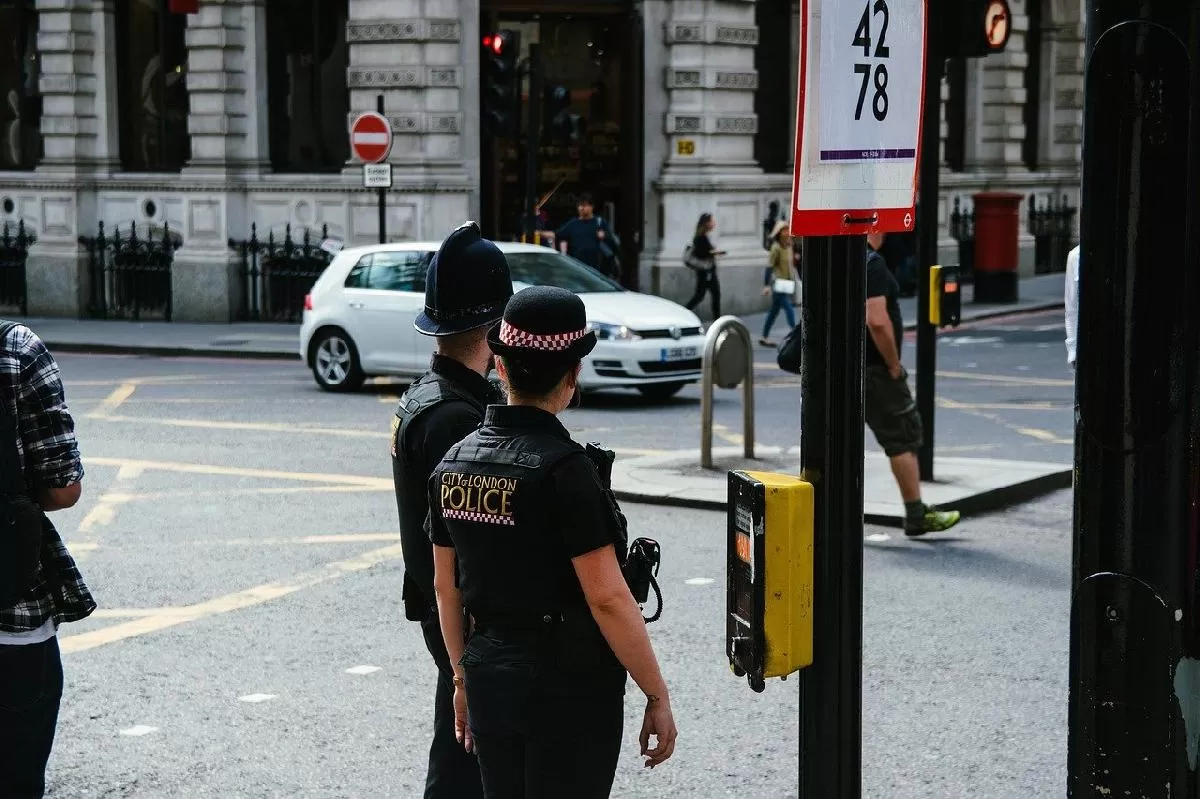
London Taxes for Expats
Whether you become a British citizen or not, you still have to pay taxes when you move to London. The UK's tax system isn't exclusive to the citizens. In fact, even if you haven't officially moved and gained legal residency in London yet, you'd still have to pay taxes. The UK considers you a 'tax resident' if you spend at least 183 days (approximately six months) in the UK. There's also your income tax, which you have to pay if you work in the UK or for a British company. And of course, let's not forget about the Value-Added Tax (VAT). It has a flat rate of 20% and applies to all goods and services in the city.

Tips for Moving to London
To finish off this relocation guide, here are more tips to help you move to London with little to no hassle at all.
Improve your English
Know how to pronounce certain places properly
Learn some common British phrases
Get used to British social customs
Try to stick to a strict budget
Make friends with locals and build a strong network
Memorize the routes you'll take every day
Keep your eyes to yourself when taking the tube
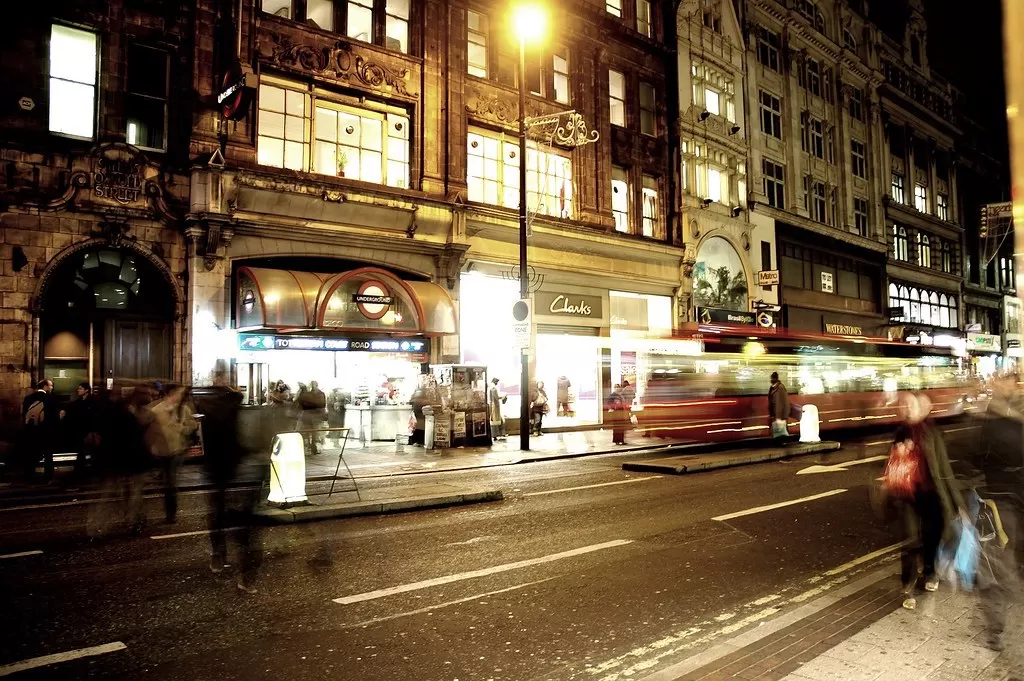
Source: Flickr.com/ Christian Scholz
Moving to London may seem like such a daunting and arduous task, but it's a lot simpler than you probably realize. Once you know the basics of the process, what you need to do, and how to do it, then you have very little to worry about!